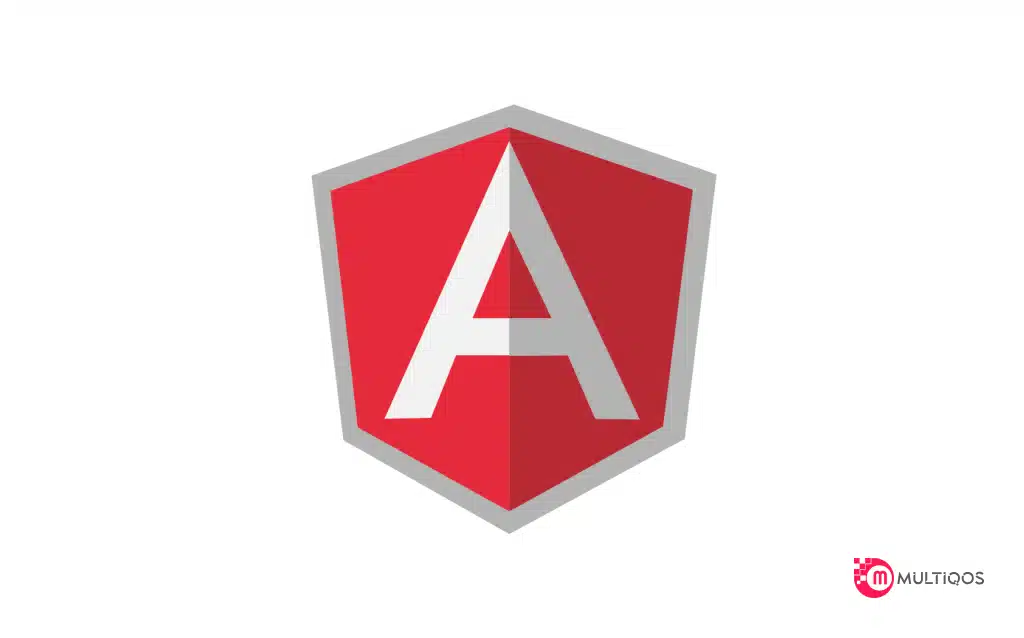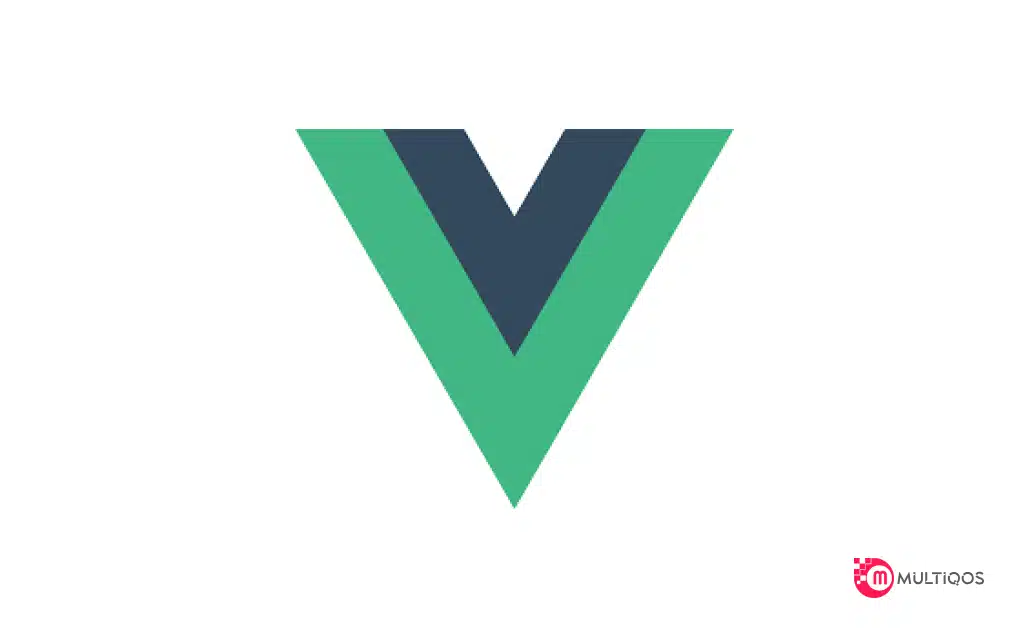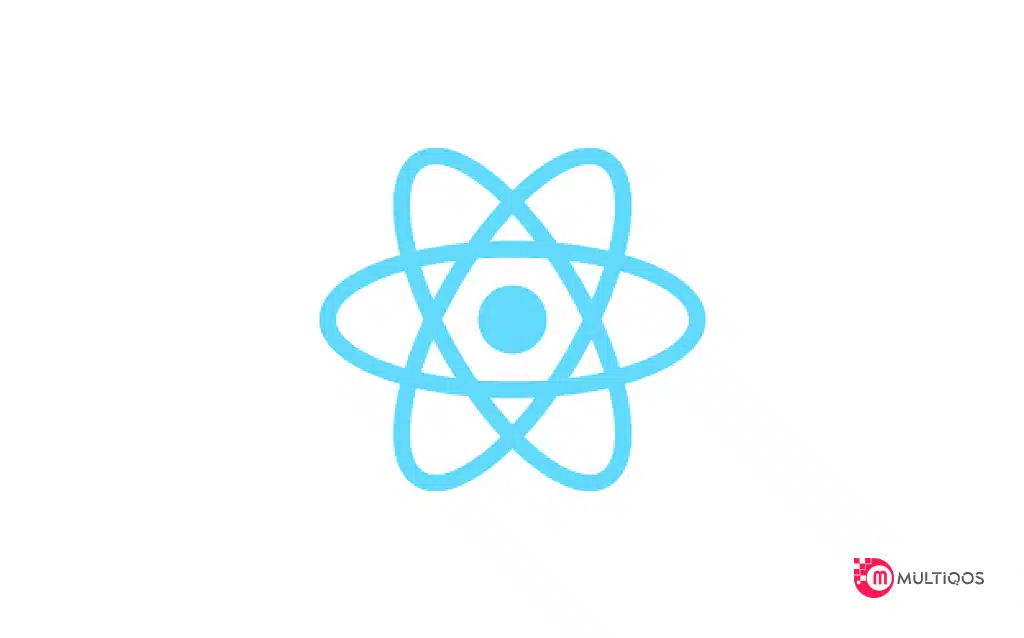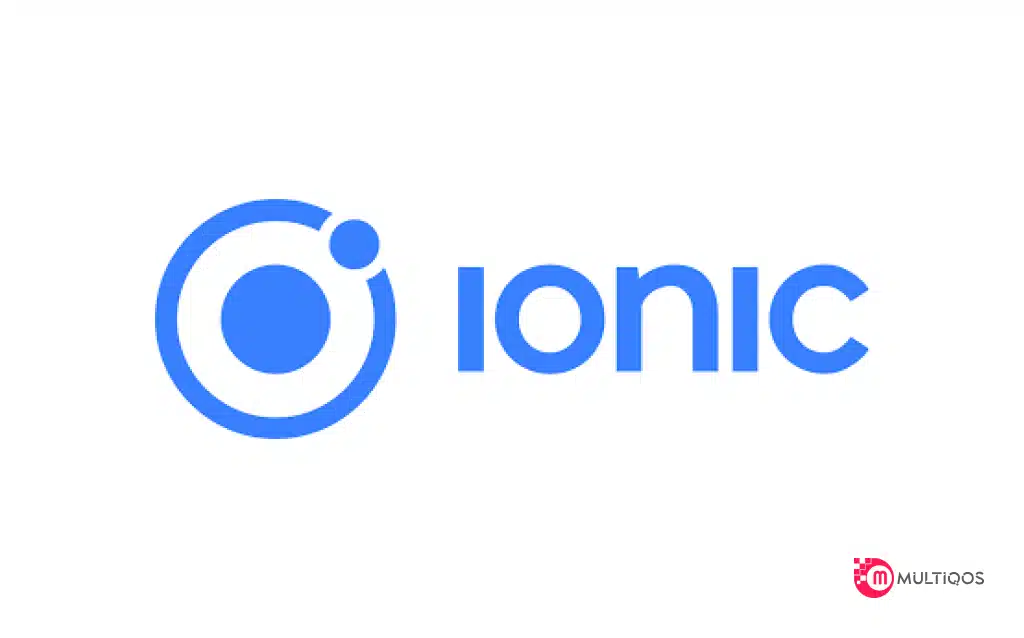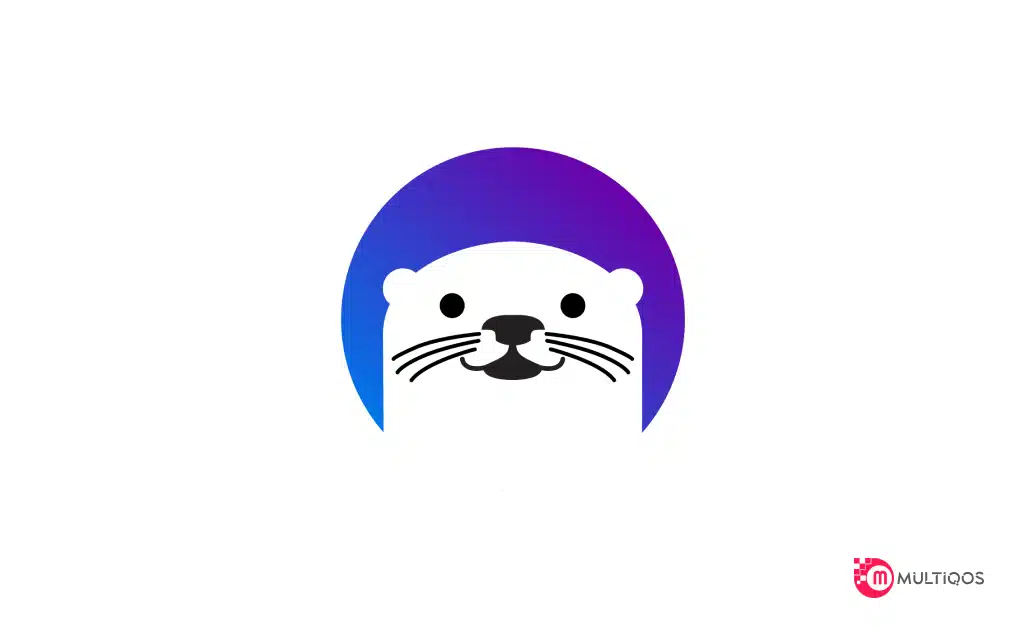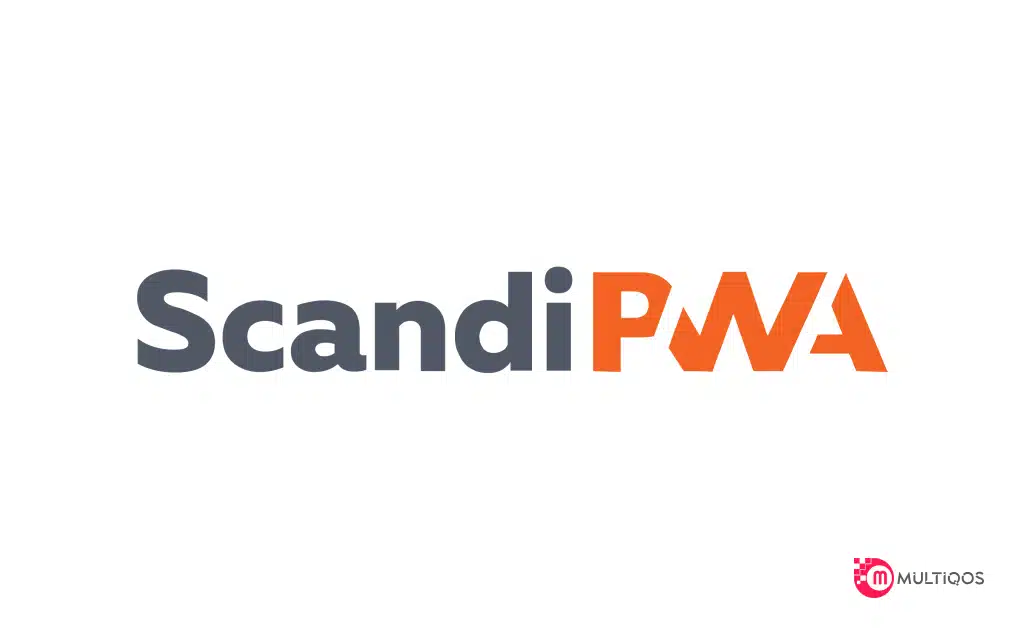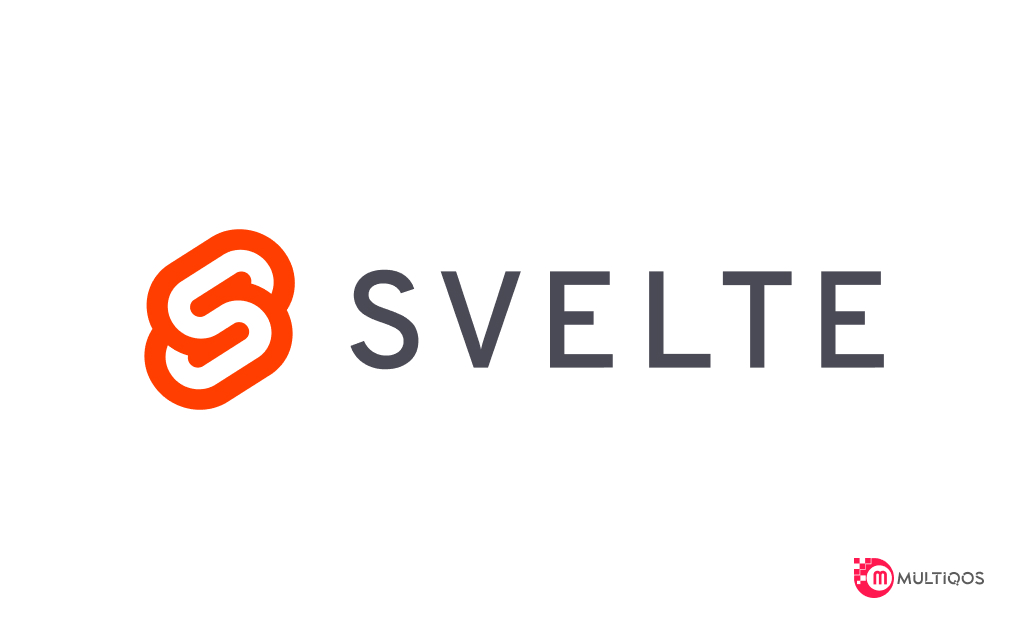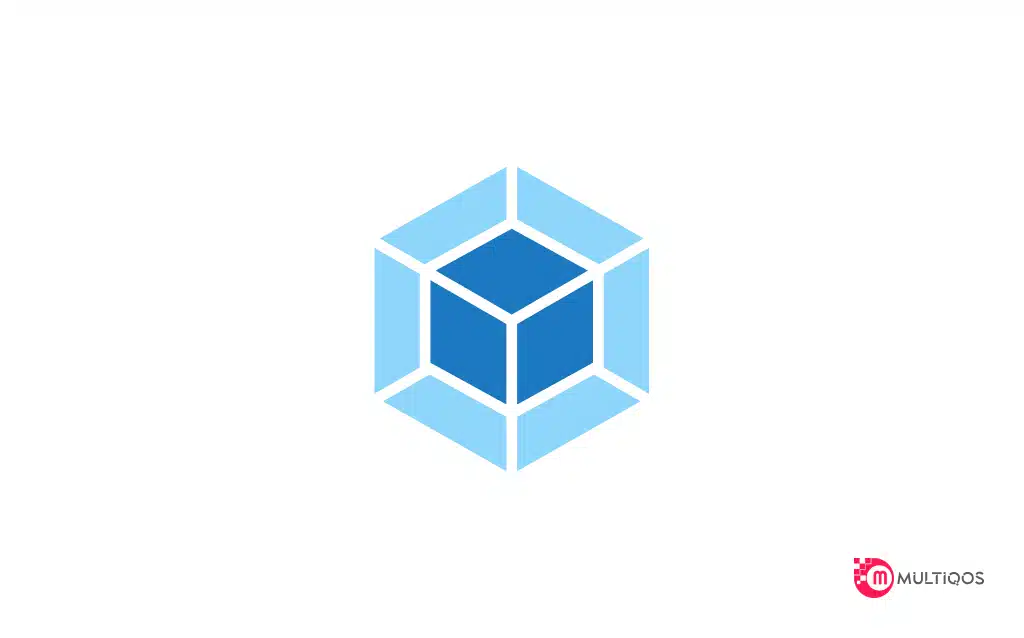Top 10 Tools and Frameworks For Building Progressive Web Apps in 2025
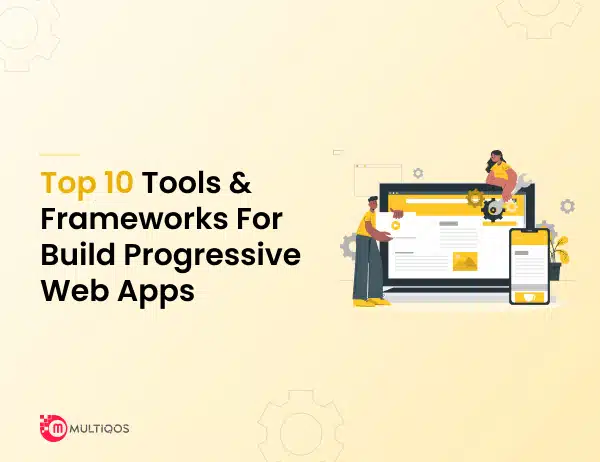
Table of Contents:
In today’s advanced digital landscape, Progressive Web Applications (PWAs) firmly established themselves as a successive weapon for businesses to enhance user engagement and deliver smooth functionality in mobile applications. PWA will be the best solution for businesses striving to meet the evolving needs of modern consumers.
According to the research conducted by IndustryARC, the global market size of Progressive Web Applications (PWA) is estimated to reach USD 12 billion by 2030, based on the CAGR growth rate during the forecast period 2023-2030. This is mainly because of the growing popularity of PWAs among small and medium-sized businesses.
Being one of the reliable Progressive Web App Development Company, we have an idea of top 10 PWA tools and frameworks for developing a perfect blend of high-performance and wide-reachable mobile applications.
What is Progressive Web Application?
Progressive Web Applications (PWAs) are a type of mobile application that uses popular web technologies like HTML, CSS, and JavaScript for building apps. In general PWA applications are built with the best features of web pages and native mobile applications. PWAs give you the feel and functionality of native mobile apps with limited native features.
Apart from limited native app features, PWAs provide an array of benefits like fast, reliable, engaging, offline work, optimized performance, and so on. In addition to that, PWAs are most preferred because of their potential for high adaptation on various platforms and devices.
Advantages of PWA
- Fast Loading – The usage of service workers for managing user requests, app caching, and data storage enables PWA applications to load much faster. Due to the fast loading time, PWA has a huge impact on user retention and user engagement.
- Cost Effective – PWA development promotes building apps compatible with various platforms and devices. This dramatically reduces the frontend app development cost and time by skipping the process of developing apps according to OS-specific features.
- Greater Visibility – When compared with native applications, PWAs provide greater visibility because of the easy adaptability across various platforms and devices. Since the PWAs are made up of limited web pages, the app will be visible online apart from just in the app store and also works in offline mode.
Disadvantages of PWAs
- Limited functionalities – Unlike traditional native mobile applications, there will be no room for innovations in terms of adding new features and functions. PWAs are lightweight and lightning-fast; this limits the inclusion of features and functions in applications.
- Limited Hardware and Software Support – The novelty of PWAs applications is the biggest concern. Since PWAs are applications with limited web page access otherwise known as app icons or shortcuts, many software and hardware do not support all functionalities of PWAs.
Top 10 PWA Tools and Best PWA Frameworks
Here is the list of the top 10 tools and frameworks that every developer should rely on for developing an exceptional PWA app.
1. AngularJS
AngularJS framework is a Google product that uses JavaScript for developing dynamic and interactive web applications. This comprehensive toolkit of Angular comes with fully packed robust features that ease developers’ worries in building complex front-end applications.
Web developers around the world mostly prefer this framework because of the JavaScript ecosystem that helps to build reliable responsive applications.
Advantages
- Large and active community support
- Easy to implement
- Rapid app development
- Easily scalable and maintainable
Disadvantages
- Learning curve is a bit harder
- Development is a bit complex and challenging
- Time-consuming process
2. VueJS
VueJS is a flexible and open-source JavaScript framework that eases the coding process of the developers. The high-speed rendering feature of the VueJS framework allows developers to build scalable applications quickly.
The simplistic coding attracts a lot of new developers to prefer this VueJs framework along with Laravel for building PWA apps with better user interfaces.
Advantages
- Easy to learn and adapt
- Extensive documentation
- Supports fast development
- Supports developing complex and dynamic applications
Disadvantages
- Finding Vue developers is a bit harder in the market
- Limited plug-ins and libraries
- Lacks in scalability
- Excessive code flexibility
3. Google Lighthouse
Google Lighthouse app development tool is a Google product launched to improve the quality of web app development. This development tool is used to measure the multiple criteria of your website and provides you with a list of considerations for developing exceptional PWA.
The insights offered by this tool help developers to optimize the app’s user experience and improve overall performance. Lighthouse is a powerful platform that empowers developers to build apps and websites much faster, highly reliable, and more user-friendly.
Advantages
- Easy to install and operate
- Improves web page accessibility and site performance
- Easy to customize
- Detailed reporting and auditing features
Disadvantages
- Requires sound knowledge to access
- Poor accessibility testing
- Depends on Google
- Limited scope
4. React
React framework comes with an extensive JavaScript library that makes it a popular choice for developers to build progressive web applications. The framework allows developers to create both single-page and multiple-page applications easily.
Apart from using JavaScript, the React framework uses JSX which allows react developers to utilize render functions for connecting with the HTML structures.
Advantages
- Supports developing highly flexible and scalable applications
- Large and active community
- Uses Virtual DOM for a speedy rendering process
Disadvantages
- Requires in-depth knowledge
- Implementation is a bit harder
- Difficulty in the Migration process
5. Ionic
Ionic is an open-source PWA development SDK tool established in 2013. This tool depends a lot on Apache Cordova and Angular framework for the PWA development. It is one of the popular cross-platform mobile app development tools for developers to build seamless applications.
The presence of massive library and code re-usability features supports the rapid development of high-quality mobile applications.
Advantages
- Cost-effective app development
- Easy and quick to learn
- Easy app maintenance
- Extensive plug-in library to access APIs
Disadvantages
- Lack of performance on native apps
- Uses plug-ins for accessing native features and functionality
- No hot reloading
- Difficult to build heavier applications
6. PWABuilder
PWABuilder is a Microsoft product that provides a platform where developers can simplistically build cross-platform PWA. The strong community support and extensive resources make this open-source Microsoft product the most preferred one for developing responsive web app components.
The platform empowers developers to build excellent, robust, and high-performing PWA apps with no in-depth coding knowledge.
Advantages
- Easy to convert websites into PWAs with no or little coding
- Cost-effective development
- Lightweight platform supports lightning-fast development
- Supports offline work mode
- Enhances user engagement
- Easy app development and distribution
Disadvantages
- Difficult to build apps with complex design and functions
- Hard to customize
- Poor flexibility
7. ScandiPWA
ScandiPWA is an open-source PWA development framework that uses the Magento eCommerce platform for developing the PWA eCommerce frontend. The platform empowers web app developers to build next-generation PWA with fully customizable and feature-rich applications that improve user experience.
ScandiPWA is the best and fastest way for developers to create ready-to-use PWA for any Magento store. The platform comes with fully packed features for creating better UI, easy data management, and app testing.
Advantages
- Easy to use and implement
- Engaging user experience
- Improved performance
- Supports smooth transition
Disadvantages
- Lacks in performance
- Requires additional resources for maintenance
- No backend transformation
- Poor documentation
8. Polymer
Polymer is an open-source web app development framework launched by Google. The framework uses popular web technologies like HTML, JS, and CSS for developing highly accessible and adaptable web applications.
Polymer PWA development framework comes with a wide range of templates, app development tools, and web components. This makes the PWA development process easy and simple.
Advantages
- Excellent documentation
- Easy to install
- Comes with easily understandable APIs
- Supports full web app stack
Disadvantages
- No office IDE
- No SEO-optimization
- High page reloading time
- May requires 3rd party testing tool
9. Svelte
Svelte is a lightweight and easy-to-use modern JS framework that enables developers to build high-performing PWA. It is the most preferred framework for developing PWAs with a better user interface.
The simplicity and efficiency of the Svelte framework ease developer’s workload and improve their productivity.
Advantages
- Easy to download and install
- Simple and easy-to-learn coding syntax
- Faster page loading
- Lightweight and efficient
Disadvantages
- Smaller community support
- Difficult to build apps with complex design
- No Typescript support
10. Webpack
Webpack is a powerful app development tool used by developers to build apps with bundled modules. The tool provides a lot of resources, development tutorials, and guides for developers to build efficient apps.
Webpack tool enables developers to organize and pack their coding effectively. This makes the PWA development process easier and more efficient.
Advantages
- Easy to develop and manage web applications
- Enhances app performance
- Easy to manage app dependency
- Supports code splitting
- Eliminates the global variable overwriting problems
Disadvantages
- Difficult to learn
- Difficult to configure
- Debugging is a challenging process
- Takes more time to build large project
Let’s Conclude:
Choosing the right app development framework and tools plays a crucial role in a mobile app’s success. In today’s market, you can easily find numerous PWA development tools and frameworks each having its own strengths and weaknesses. You need to understand the project requirements and pick the most suitable one for building a high-performing and engaging PWA app.
If you are a business owner struggling to pick the right app for your PWA development project, then consider approaching a reliable and reputed app development company or hiring an individual skilled PWA developer. Skilled app developers will possess the ability to turn your mobile app ideas into reality without any deviation from your expectations. They can easily identify the right framework and tool for developing your PWA project according to the requirements.
FAQ on Tools & Frameworks For Build Progressive Web Apps
Progressive web apps use modern features like APIs and patterns for development. It can be referred to as an app icon or shortcut to a website that can be installed on your device. A PWA loads data in the background whenever the user runs it depending upon the user’s device capability.
Both native apps and PWAs possess their own pros and cons; however, it is necessary to pick the right one that suits your project requirements. Here are the considerations to focus on if you are trying to pick the right one.
Choose PWA if your requirements are:
- Developing apps with simple goals.
- App development projects have a limited budget and time.
- Developing Apps to increase brand awareness.
Choose PWA if your requirements are:
- Building Apps to increase brand credibility.
- Building apps with advanced features.
PWA offers an array of benefits such as
- Cross-platform compatibility
- Offline Functionality
- Improved performance
- Enhances user engagement
- Cost effective
- Seamless automatic updates and many more.
It will be impossible to predict the PWA app development cost without knowing the project requirements and complexity of the app functionality. Consider approaching a professional consultant with your detailed project requirements to get an accurate estimation. However, developing an average complexity PWA will cost from $10,000 to $25,000 depending upon the complexity level.
Many top companies now prefer PWA for building their business application to increase user engagement. Take a look at some top and well-known companies using PWA.
- Alibaba
- Forbes
- Medium
- Spotify
- Trivago and many more
Yes! When compared with native mobile applications, maintaining and updating a progressive web application is much easier. Since the updates are done on the server side in PWAs, users do not need to download or install anything to access the updated latest version of the app.
Get In Touch


